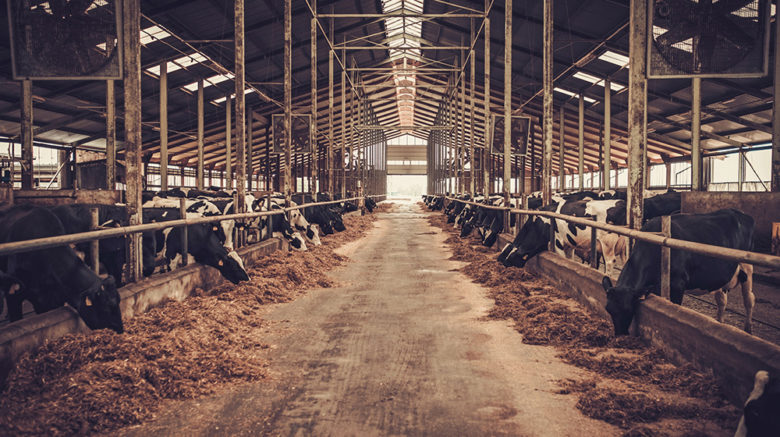By Meredith Thompson
This post originally appeared on TheHumanist.com
Recently the state health department of Hawaii issued a warning to residents to avoid the Kaohaoha Gulch near the town of Ookala. The reason? It contained toxic levels of animal waste.
The culprit, Big Island Dairy, illegally released 600,000 gallons of poisonous waste into Hawaii’s coastal waters—and it’s not the first time. Between April and May 2018, the dairy farm reportedly dumped over 2.1 million gallons of sewage and spilled an additional 5.8 million gallons in August 2018 in the midst of Hurricane Lane.
Residents have long voiced concerns over the dairy farm’s routine polluting of water that runs through the local community. The Hawaii Department of Health issued Big Island Dairy combined fines of $116,000 for four separate spills between 2017 and 2018, but residents say that isn’t enough. They’ve established a local community group, Kupale Ookala and, together with the Center for Food Safety, filed a lawsuit against the dairy farm, alleging that it was in violation of the federal Clean Water Act.
Kupale Ookala provided proof that wastewater from the dairy farm traveled downstream to the community of Ookala, where it polluted their waterways and ultimately ended up in the ocean. Records regarding this activity begin as early as 2014, when the Hawaii Department of Health confirmed that the dairy farm contaminated local streams as a direct result of neglectful operational practices including poorly maintained feces lagoons, burying dead cows in a gulch that flows into local waterways, and a lack of safety measures for handling and storing toxic chemicals. A notice of violation was not issued by the Department of Health until community residents sent notice of intent to sue.
But last week the longstanding battle between the dairy farm and the local community in Hawaii came to a close. In a settlement, the dairy farm agreed to shut down by the summer of 2019. Residents worry that even with this good news, they aren’t safe until the dairy is closed permanently.
Pollution of this kind is not to be taken lightly, as communities across the country continuously face health risks due to their proximity to factory farms. Big Island Dairy’s irresponsibility is certainly not an outlier. Factory farms throughout the country routinely dump tens of millions of tons of toxic waste into local ecosystems and communities every year—with deleterious effects.
According to the Center for Disease Control, agricultural runoff is considered the “leading cause of river and stream impairment and the second leading cause of impairment in lakes, ponds, and reservoirs.” A single cow produces 120 pounds of wet manure a day—the amount of waste produced by twenty to forty humans. And for cows to produce milk, they must be forcefully impregnated and carry to term. This creates a system that generates more waste than can possibly be absorbed by the land. A 2007 report from the EPA found that animal waste from factory farms contaminated groundwater in seventeen states and polluted 35,000 miles of rivers in twenty-two states. One-third of all underground wells in the southern United States fall below EPA standards for safe drinking water due to the high density of factory chicken farms in the region. Additional research has found that nitrate, a chemical found in animal manure, contaminates local areas for decades—even if factory farm operations are terminated.
Water pollution from animal agriculture contaminates drinking water and disrupts aquatic ecosystems, killing wildlife and poisoning humans—disproportionately communities of color—who live nearby. Animal agriculture is a devastating social justice and environmental issue (that extends far beyond water pollution). Although the community of Ookala was able to win their fight against Big Island Dairy, most communities do not have the resources to achieve the same results.
With all the evidence pointing at the devastation animal agriculture causes, not only to farmed animals but to local communities and ecosystems as well, why do those of us in a position of privilege continue to contribute to this unjust industry? As humanists who value critical thought and compassion, it’s essential that we take a step back from our practices and consider the implications of our participation in the animal agriculture industry, for we can no longer ignore it.

